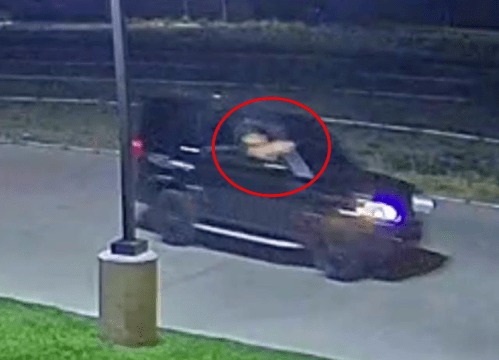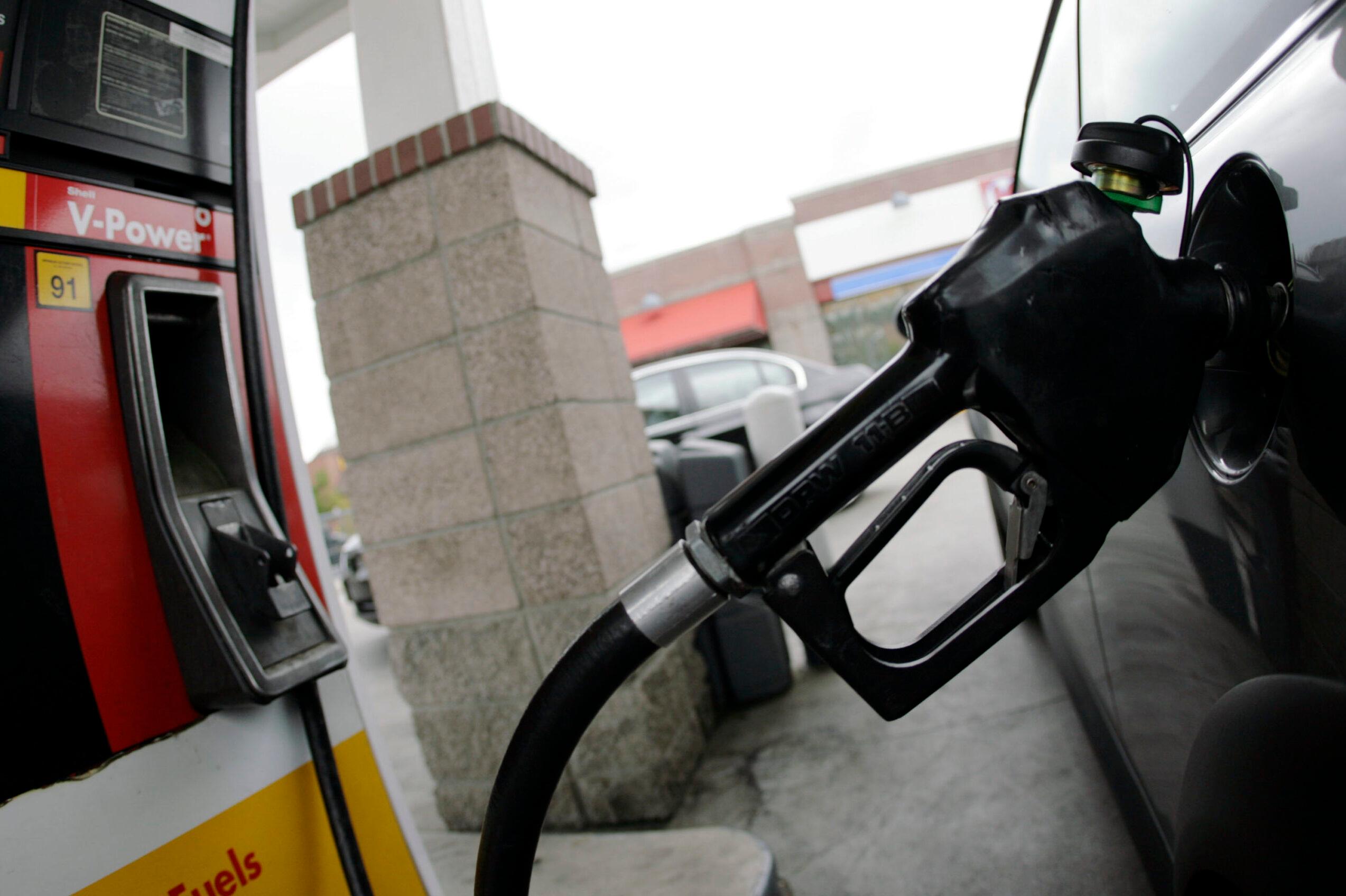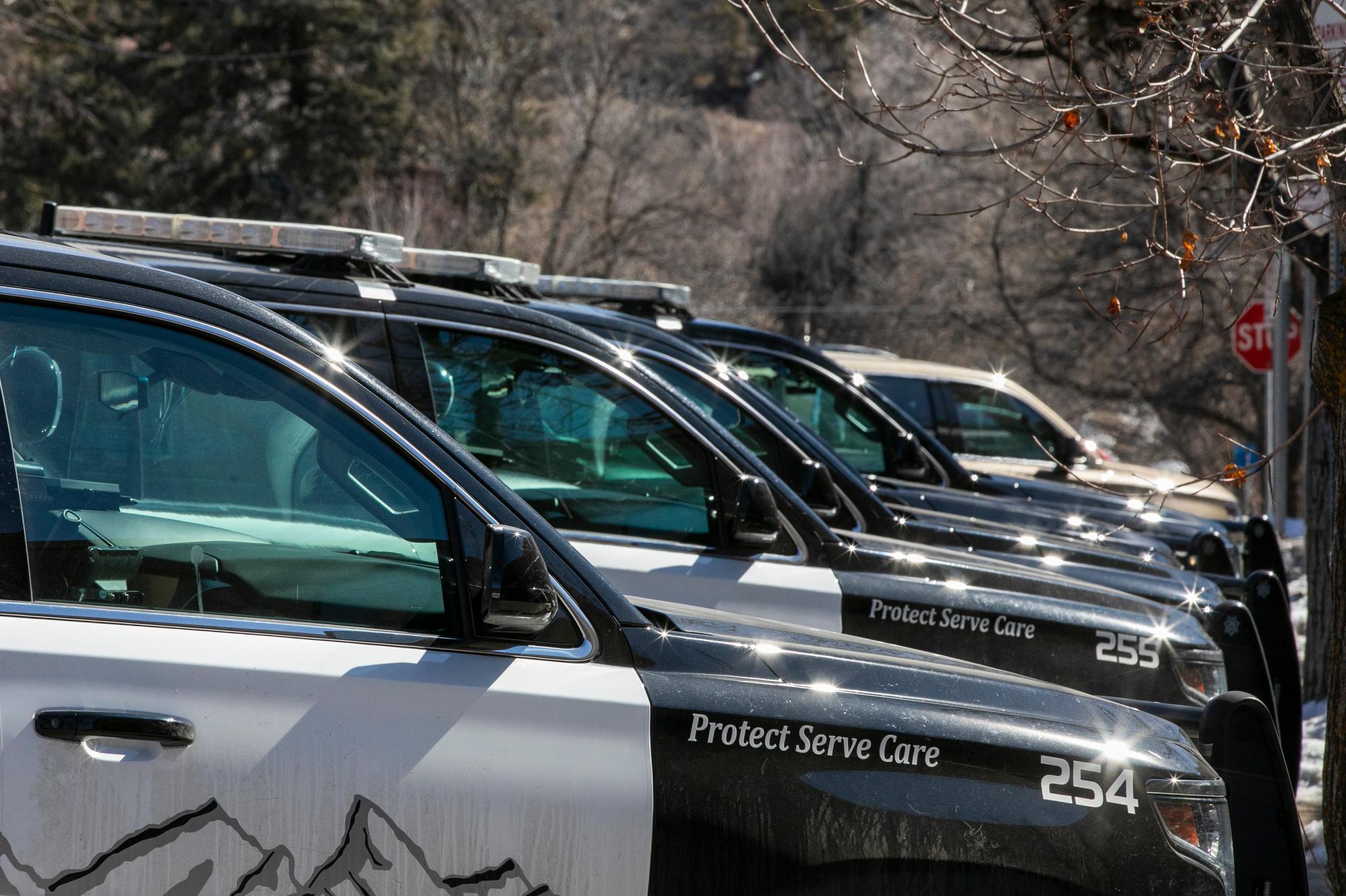In Northern California, search crews continue to sift through the burned city of Paradise more than two weeks after the eruption of the fire, which has claimed the lives of 84 people and charred a land area larger than the city of Chicago.
Searchers say they will need several more days to sift through the more than 20,000 structures that the Camp Fire engulfed in this working-class community in the Sierra Nevada foothills.
Driving around Paradise is a bleak and haunting scene, made even more grim with dark clouds and rain falling.
The shells of scorched cars dot thousands of one-time homes now reduced to ash. Interspersed in the apocalyptic scene are buildings and objects spared by the flames: a community theater unscathed, a lone rocking chair, a statue of a bear holding a "Welcome to Paradise" sign in front of the detritus of an inferno. The air remains smokey, and the city of Paradise is still closed off to the public.
The most deadly and destructive fire in California history is nearly completely out, just as the search operation winds down.
But the final phase of the search is confronting a storm moving through the area, creating additional challenges for emergency teams.
With heavy showers and strong winds in the forecast, officials are watching for possible mud and debris slides along the incinerated hillsides. They are on high alert for the possibility of a massive amount of ash leftover from burned structures mixing with the rain to form a toxic slush that could run off into local waterways.
"Think about all the stuff you have in your own house, all the cleaning materials. If you're someone who messes with cars. You got your greases, your gasoline, your solvents. All of that stuff is now mixed together into a hazardous soup," said Brian Vidosh, safety officer for the recovery mission, who recently debriefed crew members at a fire's central command post in Chico, Calif. "Hopefully most foundations are keeping it contained."
Vidosh has instructed searchers to stay away from parts of Paradise alongside steep slopes as the rain and winds persist.
Aviva Braun, a meteorologist with the National Weather Service, who has been assisting Paradise search teams, said in some of those heavily wooded areas, swaths of large trees now dead from the flames are hanging on by a thread.
"And the stronger winds can actually knock it down, so these hazard trees that are already weakened with the rain, with the wind they can really cause problems for people who are standing underneath them," Braun said. "Which is why we are emphasizing the fact that these trees can come down."
At the current pace, officials on Friday estimated that the search should be complete by Tuesday, as teams of investigators reach into the last areas of the 240-square-mile landscape that the fire torched.
Yet with 475 people still on the missing list, Vidosh said officials in Butte County will soon have to make some difficult decisions.
He said cadaver dogs have been criss-crossing the area impacted by the wildfire to help locate human remains, though he said there is virtually no chance of finding a trace of every fire victim.
"What we're looking for at this point are end-stages of cremation. Small bones. So it's really tough. At some point, there are people who are just going to be missing," Vidosh said.
For days, officials have cautioned about potential mudslides, and none have been reported so far. That said, with around 2 inches of rain set to fall on Friday and additional downpours expected over the weekend, the barren hills may soon become overwhelmed, unable to absorb water and instead become a propelling surface for water to carry mud, burnt trees and other debris left in the wake of the blaze.
"We call it moonscaped. The way the fire came through, there's nothing on the hillside left. Fortunately right now, the saturation hasn't occurred. So the hills are still holding," said Vidosh, noting that there is only so much that can be done to avert looming mudslides.
"To me, it's not if. It's when," he said.
Meanwhile, long-term housing for the thousands displaced by the Camp Fire is still being sorted out by emergency officials.
Representatives from the Federal Emergency Management Agency say 15,000 households around Paradise have registered for assistance. And FEMA has delivered more than $9 million for evacuees to stay in hotels and apartments up to a month as they figure out what's next.
The fire started on Nov. 8 in a mountainous region close to the city of Paradise and rapidly overwhelmed the woodsy area north of Sacramento.
Officials have not determined or speculated about what may have ignited the fire.
9(MDEyMDcxNjYwMDEzNzc2MTQzNDNiY2I3ZA004))







